The time Irene Papas secretly chanted a Byzantine hymn in Hagia Sophia
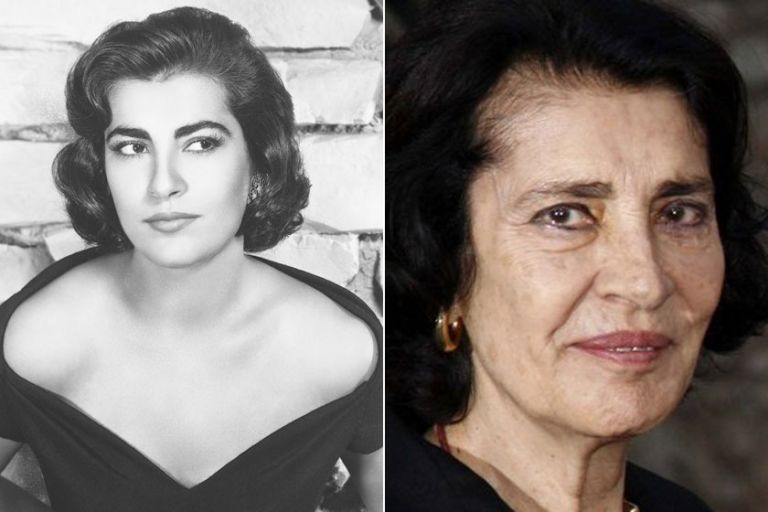
Πηγή: Αρχείου
Irene Papas chanted the Byzantine hymn “Ti Hypermacho Stratigo” inside Hagia Sophia in Istanbul during a broadcast in 1983.
Specifically, she entered Hagia Sophia and secretly chanted “Ti Hypermacho Stratigo” shortly before Easter 1983. Then she traveled with Kostas Hardavella in Istanbul for the “Reporters” program of ERT.
Their bold and dangerous plan was crowned with success.
She wore a red scarf on her head that made her presence even more imposing and began to sing “Ti Hypermacho Stratigo”, the Byzantine hymn that had been heard at the Fall of the City in 1453.
The scene is creepy. And as she is later heard declaring to Kostas Hardavellas, it was like “one wins, without winning anything.”
Papas gained international recognition starring in classic 1960s films, but has sadly passed away, Greece’s culture ministry said on Wednesday.
Papas enjoyed a 50-year film career capped by John Madden’s “Captain Corelli’s Mandolin” in 2001 alongside Hollywood stars Nicolas Cage and Penelope Cruz, and Manoel de Oliveira’s “A Talking Picture” in 2003, her final performance alongside Catherine Deneuve and John Malkovich.
“Zorba the Greek”, a smash hit in 1964, in which she starred alongside Anthony Quinn and Alan Bates, captivated international audiences with its soundtrack – especially “Zorba’s Dance” – composed by Mikis Theodorakis.
Papas also collaborated with late composer Vangelis on folk song album Odes and on 666, the final studio album of Greek progressive rock band Aphrodite’s Child.
“Majestic, stately, dynamic, Irene Papas was the personification of Greek beauty on cinema screens and on the stage, an international star who radiated Greekness,” Culture Minister Lina Mendoni said in a statement.
“With the power of her talent and the charm of her personality, she conquered the world of cinema and theatre.”
Papas suffered from Alzheimer’s disease in recent years according to Greek media. The culture ministry did not say when she died.
She was born in a village outside Corinth on the Peloponnese peninsula to a family of teachers; her father taught classical drama.
Among her biggest early successes was the title role in 1962’s “Electra”, a cinematic transcription of Euripides’ ancient Greek tragedy directed by Michalis Cacoyannis.
She played a Greek island resistance fighter against Nazi occupation in “The Guns of Navarone” and a young widowed woman on the island of Crete in “Zorba the Greek”.
Her liberal political views forced her into exile in Italy and the United States in 1967-1974, when a far-right military junta ruled Greece.
With her long dark hair, pale skin and thick arched eyebrows, Papas became a symbol of Mediterranean beauty.
Married twice, Papas told Italy’s Corriere della Sera daily in 2004 that “the passion of her life” was the Oscar-winning screen star Marlon Brando, whom she met for the first time in 1954 in Rome and for the last time in 1999 in Athens.
Διαβάστε όλες τις τελευταίες Ειδήσεις από την Ελλάδα και τον Κόσμο



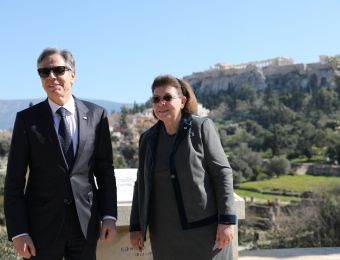

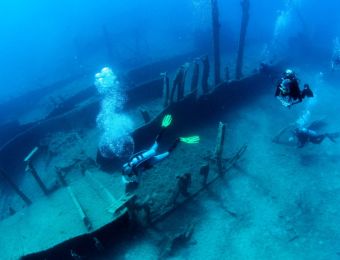
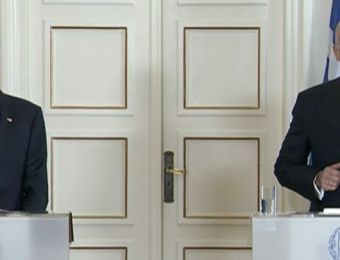
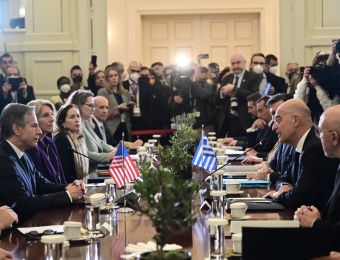



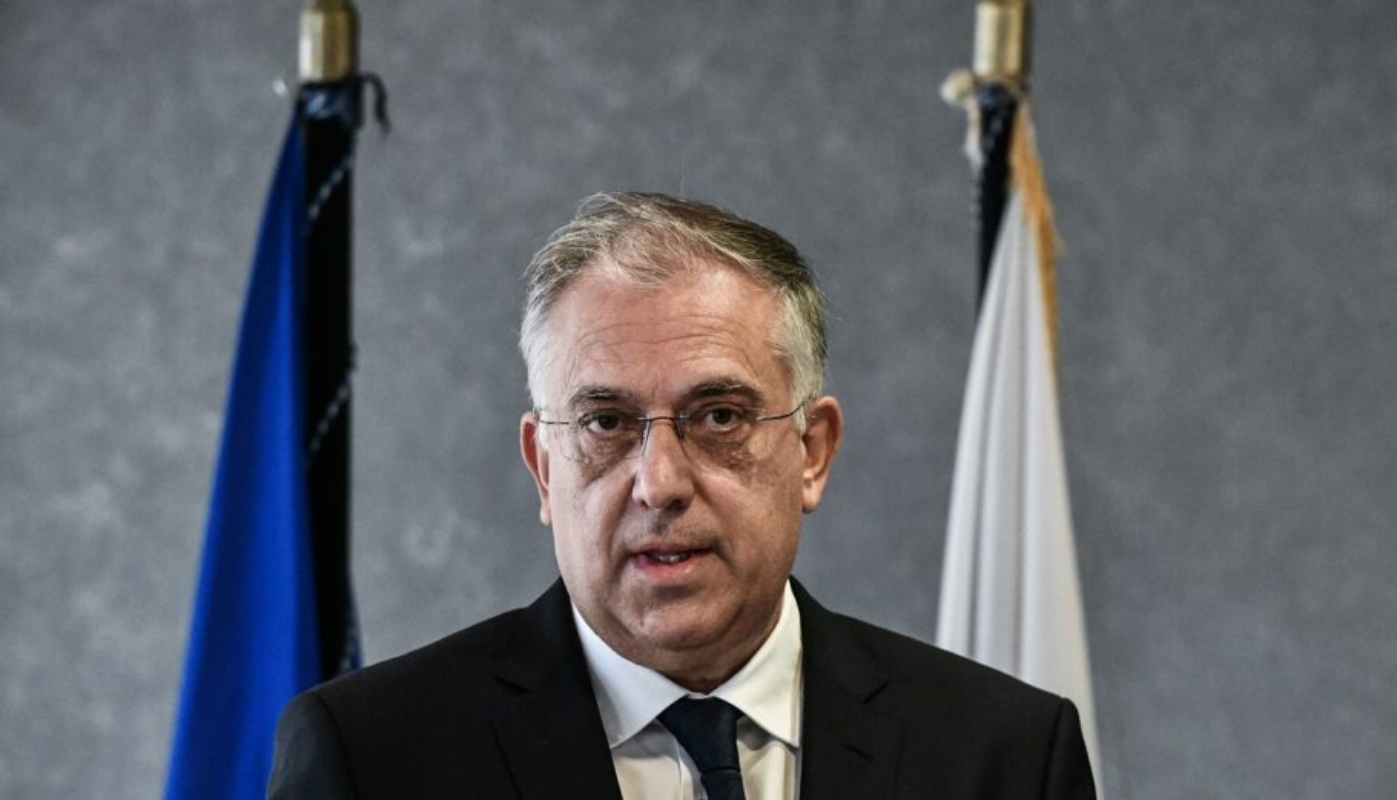

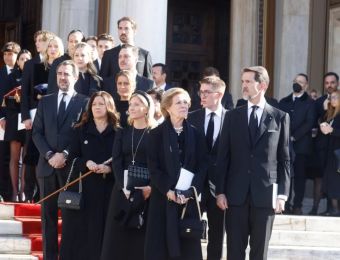
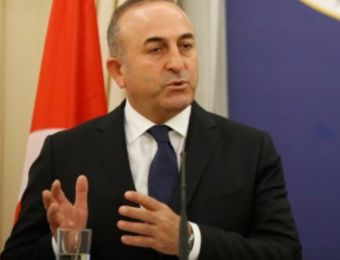
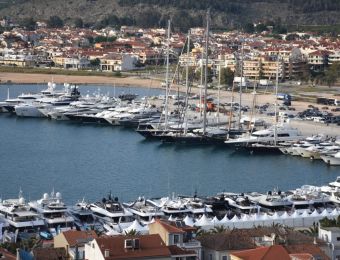


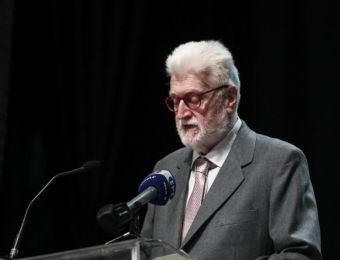


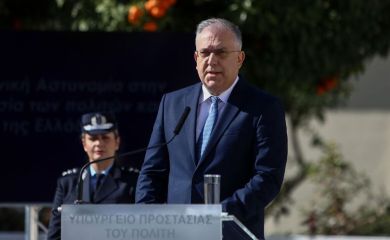
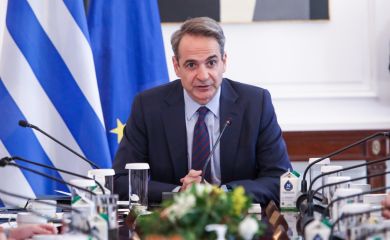
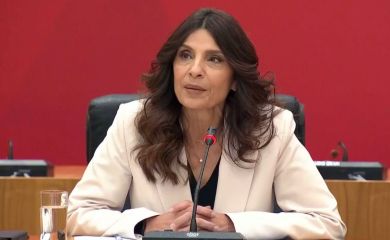
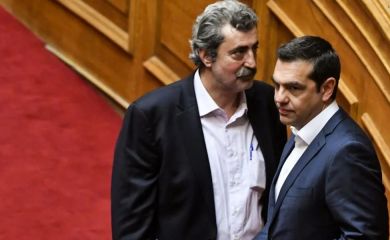
Το σχόλιο σας